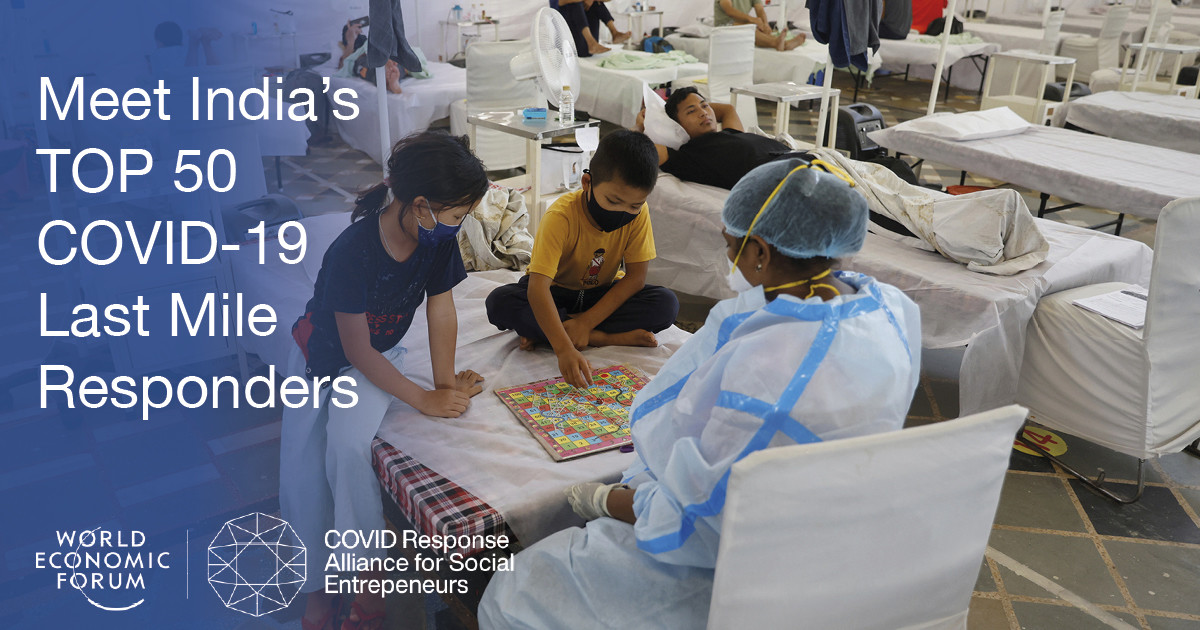COVID-19: What you need to know about the coronavirus pandemic on 27 August

Image: REUTERS/Zorana Jevtic
- This daily round-up brings you a selection of the latest news and updates on the COVID-19 coronavirus pandemic, as well as tips and tools to help you stay informed and protected.
- Top stories: COVID-19 wave in Africa stabilizes as vaccine drive picks up pace; US COVID-19 hospitalizations hit eight-month high; More than half of India's eligible population has had at least one dose of a COVID-19 vaccine.
1. How COVID-19 is affecting the globe
Confirmed cases of COVID-19 have passed 214.6 million globally, according to Johns Hopkins University. The number of confirmed deaths stands at more than 4.47 million. More than 5.08 billion vaccination doses have been administered globally, according to Our World in Data.
Brazil's Eurofarma Laboratorios will manufacture Pfizer/BioNTech COVID-19 vaccine doses for Latin America from next year.
New Zealand has extended pandemic restrictions by four days – after which they will be eased slightly. But businesses and schools will remain shut and Auckland will be locked down for longer.
Sydney's COVID-19 cases eased slightly on Friday but still remained near record levels. The federal government plans to reopen once the country reaches a 70-80% vaccination rate.
Illinois will require all eligible students and school employees to be vaccinated and has reinstated a mask mandate.
French Health Minister Olivier Veran said yesterday that the fourth wave of infections was receding in the country, but not yet over.
Honduras will buy an additional 2.7 million COVID-19 vaccine doses from Pfizer/BioNTech to ensure it has enough for everyone over the age of 12 this year.
Students and teachers in Slovenia who have not been vaccinated or recovered from COVID-19 will have to take weekly tests, the government announced yesterday.
Qatar is offering COVID-19 vaccines to Afghan evacuees in the country.
A major review of vaccines suggests that the risk of complications from the jabs are far outweighed by the risk of such problems following a COVID-19 infection. The Oxford University team behind it said this was more evidence of the "substantial" benefit of vaccination.
Official data shows that more than half of India's eligible population has now had at least one dose of a COVID-19 vaccine.
2. COVID-19 wave in Africa stabilizes as vaccine drive picks up pace
A third wave of COVID-19 infections in Africa has stabilized and the pace of the continent's vaccine drive has increased, the World Health Organization said yesterday.
Some 248,000 new cases were reported in the past week, down from 282,000 in mid-July, while the number of vaccinations tripled to 13 million, Matshidiso Moeti, the WHO's regional director, told a news conference.
Vaccination rates remain much lower than in Europe and North America. COVAX – the vaccine sharing facility – had originally hoped to vaccinate 20% of people in Africa by the end of 2021, but the rollout has been plagued by delays. However, the WHO now hopes to vaccinate 10% of the continent's people by the end of next month.
Moeti said: "117 million doses are due to arrive in the coming month and up to 34 million additional doses will be needed to reach that target."
India’s leading COVID-19 last-mile responders
3. US COVID-19 hospitalizations hit eight-month high
The number of COVID-19 patients in hospitals in the United States passed 100,000 on Thursday – the highest level in eight months – according to data from the Department of Health and Human Services.
Hospitalizations have more than doubled in the past month and over the past week more than 500 people with COVID-19 were admitted to hospitals every hour on average, data from the Centers for Disease Control and Prevention showed.
The all-time peak for COVID-19 hospitalizations was on 6 January, when more than 132,000 people were in hospital, according to a Reuters tally.
The US has had more than 38 million confirmed COVID-19 cases and 633,564 confirmed COVID-19 deaths.
Don't miss any update on this topic
Create a free account and access your personalized content collection with our latest publications and analyses.
License and Republishing
World Economic Forum articles may be republished in accordance with the Creative Commons Attribution-NonCommercial-NoDerivatives 4.0 International Public License, and in accordance with our Terms of Use.
The views expressed in this article are those of the author alone and not the World Economic Forum.
Stay up to date:
Global Health
Related topics:
Forum Stories newsletter
Bringing you weekly curated insights and analysis on the global issues that matter.
More on Health and Healthcare SystemsSee all
Mansoor Al Mansoori and Noura Al Ghaithi
November 14, 2025









